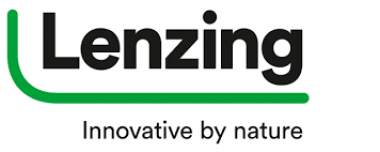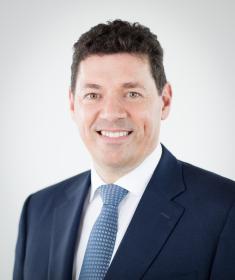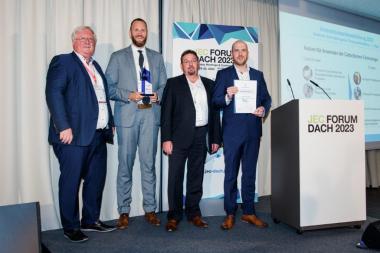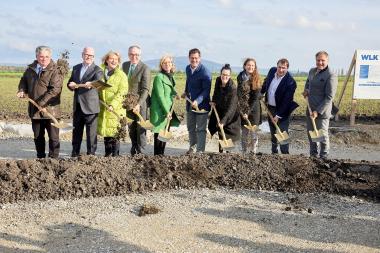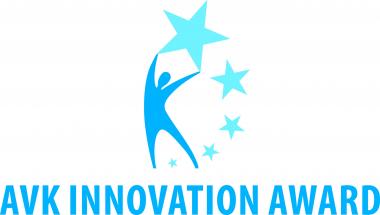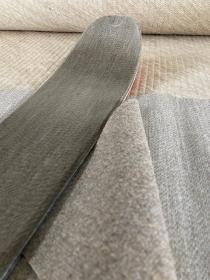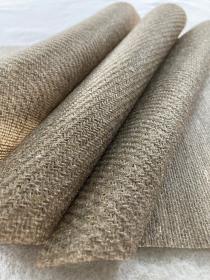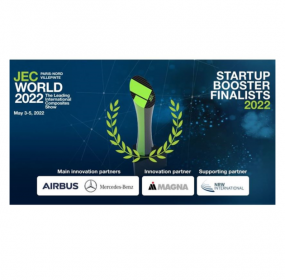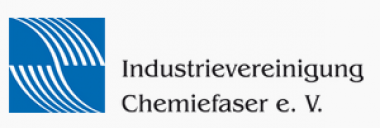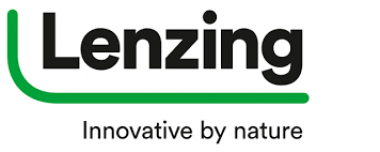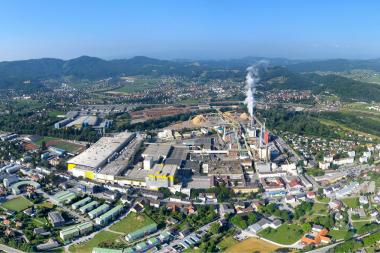Lenzing AG: Elections to the Supervisory Board
On Thursday, April 18, 2024, the 80th Annual General Meeting of Lenzing AG discharged the members of the Managing Board and the Supervisory Board for the 2023 financial year and set the remuneration of the members of the Supervisory Board for the 2024 financial year in advance.
Dr. Markus Fürst retired from the Supervisory Board at his own request with effect from the end of the General Meeting. Dr. Markus Fürst has been a member of the Supervisory Board and various committees of Lenzing AG since 2021.
The General Meeting elected Dr. Cornelius Baur as a new member of the Supervisory Board of Lenzing AG until the end of the General Meeting that decides on the discharge for the 2028 financial year. In addition, Melody Harris-Jensbach’s mandate was extended until the Annual General Meeting that decides on the 2028 financial year.
The Supervisory Board of Lenzing AG continues to consist of ten members elected by the Annual General Meeting: Dr. Cornelius Baur, Mag. Helmut Bernkopf, Dr. Christian Bruch, Dr. Stefan Fida, Dr. Franz Gasselsberger, Melody Harris-Jensbach, Cord Prinzhorn, MBA, Mag. Gerhard Schwartz, Dr. Astrid Skala-Kuhmann and Nicole van der Elst Desai. DI Stefan Ertl, Stephan Gruber, Bonita Haag, Helmut Kirchmair and Johann Schernberger were delegated to the Supervisory Board by the works council.
In the constitutive meeting of the Supervisory Board following the Annual General Meeting, Cord Prinzhorn, MBA, was elected Chairman and Dr. Stefan Fida was re-elected as Deputy Chairman of the Supervisory Board.
KPMG Austria GmbH Wirtschaftsprüfungs- u. Steuerberatungsgesellschaft was appointed as the auditor for the annual financial statements and the consolidated financial statements for the 2024 financial year.
Lenzing AG


